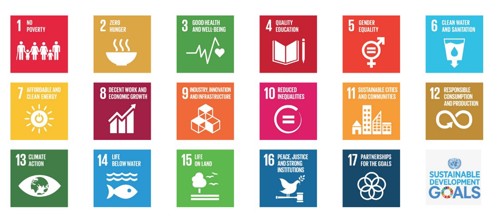Climate Change Reporting
As the world faces a Climate Emergency, institutions of learning such as colleges and universities have a responsibility to take a leadership role in decarbonisation of campuses, model sustainable practices and policies, and equip learners with the skills and knowledge to be successful in a changing world. Glasgow Kelvin College has been a leader in community development and engagement. To ensure a just transition, where all members of the Glasgow community are equipped to deal with the impacts of climate change, Glasgow Kelvin College is in a unique position to build more resilient communities and residents.
As a Further Education institution, the College’s Climate Change Action Plan (CCAP) includes multiple commitments to increase Green Job training, deliver a comprehensive climate literacy curriculum, and support behavioural and societal change. Glasgow Kelvin is committed to reducing greenhouse gas emissions towards achieving Net Zero, as well as providing support for those being affected by the climate transition.
Read our plans here:





